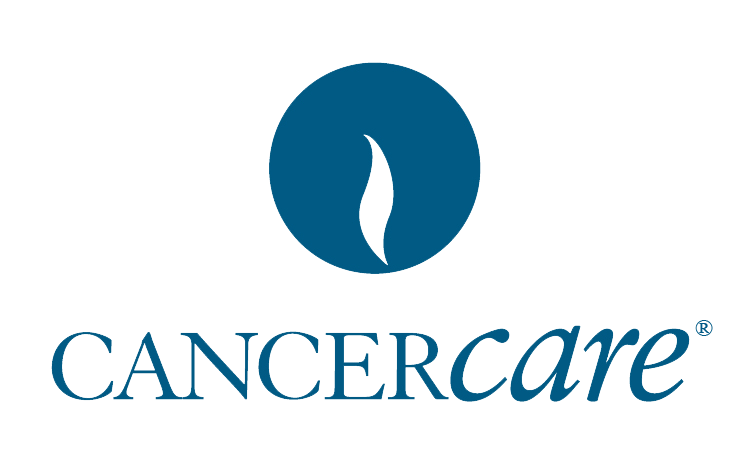
- Lung Special Issue
- Volume 1
- Issue 1
Making Cents of Mesothelioma

A new grant program offers financial assistance for patients with mesothelioma who must travel for cancer care.
Finances can become the deciding factor in which treatment a patient with cancer chooses to receive, where they receive it and if they can keep on that treatment regimen for an extended period of time.
It’s crucial for all patients to find the right treatment team and that may mean traveling further from home for days or even weeks. For patients with mesothelioma, being treated at a large academic cancer center is key since this disease is rarer than other cancer types.
Certain organizations across the country have financial assistance programs to help. For instance, CancerCare, the leading national organization providing free, professional support services and information to those affected by cancer, has a new program that exclusively offers assistance to patients with mesothelioma.
Once a patient is interviewed by phone and completes a financial application, they are eligible to receive a portion of grant money from the Mesothelioma Transportation Assistance Program that can be used for services such as air travel to a treatment facility, lodging and airfare.
Francine Shuman is thankful she qualified for this help as she has to travel from Augusta, Georgia, to Atlanta, to receive treatment at Winship Cancer Institute of Emory University, which requires driving two hours one way from her home to the cancer center, as well as staying overnight a few days in a hotel. “I’ve got bills to pay. I can’t afford it,” she says.
Shuman received a peritoneal mesothelioma diagnosis in February 2020 and after undergoing chemotherapy, she recently had surgery to remove the cancer that develops in the lining of the abdomen. She believes her cancer was caused by years of inhaling talcum powder that she used on her three daughters as babies. Talc is a mineral that can absorb moisture and because it’s found in close proximity to asbestos — a known carcinogen — in the earth, there is concern that talc can become contaminated.
After calling several organizations, Shuman finally connected with CancerCare and through the program, Shuman received a $1,000 grant for expenses. “I was told I would get the loan and I wouldn’t have to pay it back. And I just thanked the Lord because I didn’t know how I was going to get back and forth,” she says.
To initiate the process for the Mesothelioma Transportation Assistance Program, the person who received the diagnosis or a caregiver can call CancerCare’s HOPEline at 1-800-813-4673 or email Charlotte Ference, a social worker, at
For more news on cancer updates, research and education, don’t forget to
Articles in this issue
almost 9 years ago
Speaking the Language of Lung Canceralmost 9 years ago
Adjuvant Therapy: Should You Receive It?almost 9 years ago
Finding New Targets for Small Cell Lung Cancer



